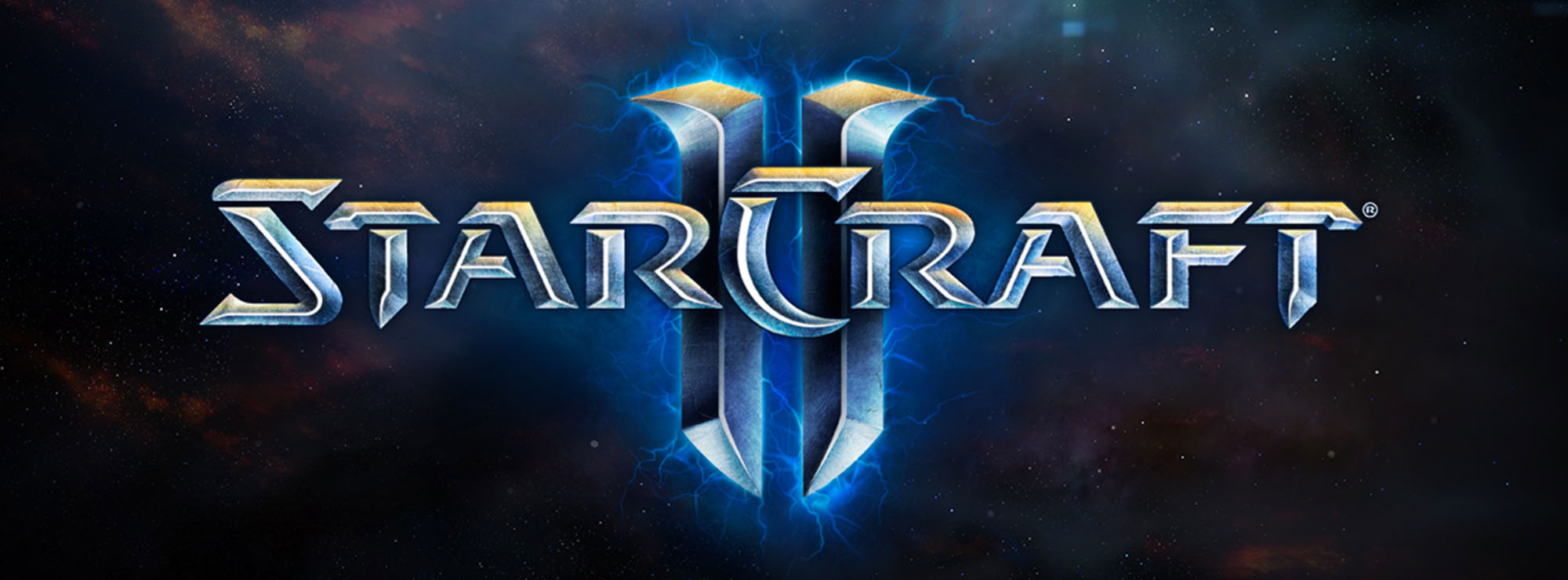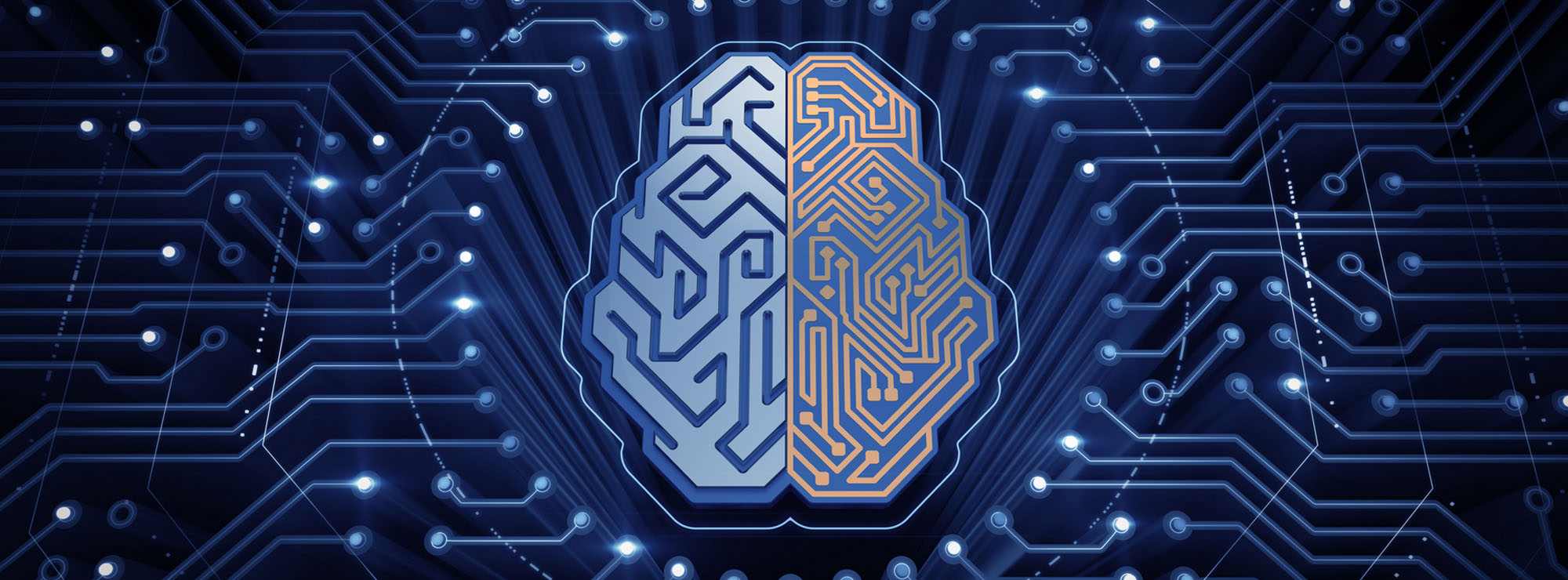WHY THIS MATTERS IN BRIEF
Used wisely AI can dramatically help accelerate students learning and retention capabilities.
 Love the Exponential Future? Join our XPotential Community, future proof yourself with courses from XPotential University, read about exponential tech and trends, connect, watch a keynote, or browse my blog.
Love the Exponential Future? Join our XPotential Community, future proof yourself with courses from XPotential University, read about exponential tech and trends, connect, watch a keynote, or browse my blog.
I’ve talked about how Artificial Intelligence (AI) can help accelerate students learning and retention – when used correctly – before and even ran several experiments to demonstrate it. Now, a recent pilot project in Nigeria’s Edo State shows how AI tutoring can accelerate student learning when combined with teacher guidance. Students who used Microsoft Copilot as a virtual tutor twice weekly made significant gains in both English and digital skills.
The results were particularly striking after just six weeks. Students who participated in the program scored 0.3 standard deviations higher on pen-and-paper tests compared to the control group – equivalent to nearly two years of additional learning. Girls, who initially lagged behind boys, made the biggest improvements, effectively closing the performance gap.
I tried this years ago – and it worked then too
What makes these results notable is that many participants had never used a computer before the program. They had to learn basic computer skills while simultaneously working with the AI system.
The benefits extended beyond the program’s focus areas. Students showed improved performance in other subjects during final exams months after the program ended, with those who attended more sessions seeing greater gains. This lasting impact suggests the program helped students develop broader learning skills, not just subject-specific knowledge.
Wharton professor Ethan Mollick points out some important context. The project was limited in both time and scope, and teacher involvement likely played a crucial role in its success. Research has shown that using AI tutoring without teacher guidance can actually harm learning by creating false confidence.
Microsoft AI CEO Mustafa Suleyman views the results as evidence that AI can help democratize education and create new opportunities.
“Yes, this is just a single pilot program, but the team’s findings get me so excited about what’s possible,” Suleyman writes.
Questions remain: What are the long-term effects? How will student-AI interactions evolve? Are there potential downsides? The research team notes that expanding such programs requires answering these questions through additional research.
AI tools in education offer both promise and pitfalls. While they can provide personalized support and help struggling students, unequal access to these technologies risks widening existing educational gaps.
The challenge lies in implementation. Many teachers find themselves caught between recognizing AI’s potential and working within rigid educational systems that leave little room for innovation. This tension can lead educators to resist rather than integrate AI into their classrooms – a response that could ultimately harm the students these systems are meant to help.















